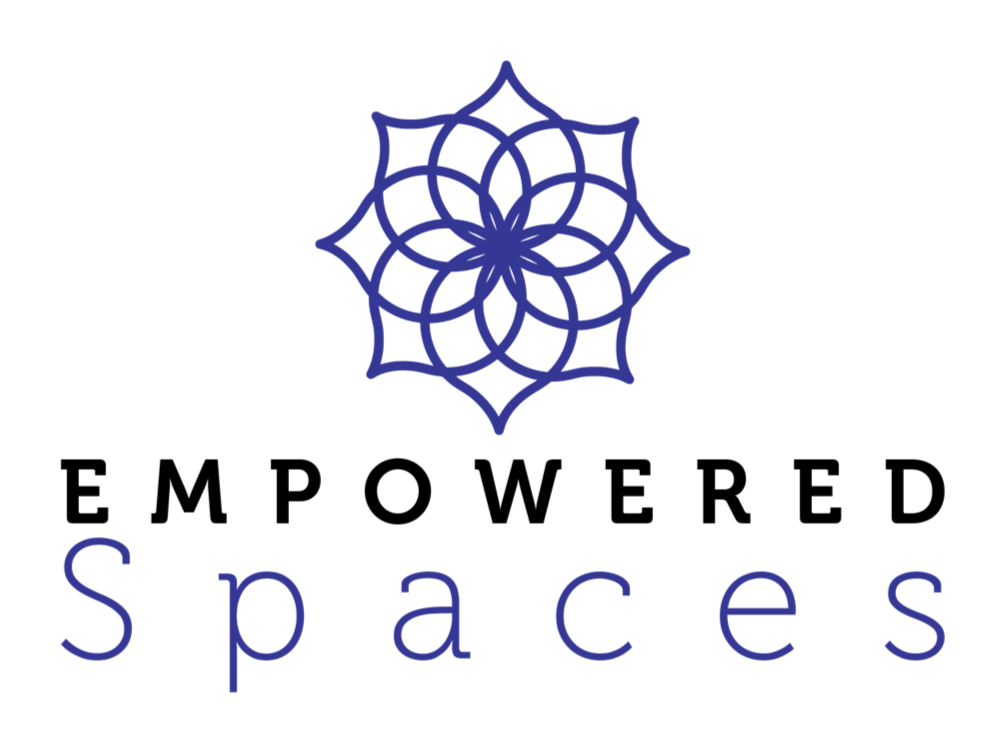AHIMSA
By: Colleen Caul, 200 HR RYT, NASM CPT (she/her)
Have you ever really listened to your internal dialogue, the actual words and tone in which you silently speak to yourself throughout the day? How do you react to your inner self during moments of challenge, disappointment or heartache?
Ahimsa, one of the most cherished yogic principles, means non-violence in Sanskrit. Non-violence applies to the emotional and physical manner in which we interact with the world. We often forget that ahimsa also applies to how we treat and interact with our inner selves. For instance, if a colleague was running late to a meeting with you, you probably wouldn’t think twice about it. You can easily understand how busy life gets and offer compassion, instead of judgment, towards your colleague. Would you treat yourself with that same compassion if you were running late? I can deeply resonate with these moments of harsh internal dialogue.
The judgment of our inner thoughts can take such a toll on us, emotionally, mentally and physically.
Ahimsa is such an important element of Trauma-Informed Yoga (TIY). TIY invites participants to notice their bodies, breath and internal world form a place of compassionate curiosity. This approach can lead to such heightened awareness and clarity.
Interoceptive invitations are woven throughout the practice as a way to enhance one’s awareness of their internal experience. As participants notice what they are experiencing in their bodies, they are a lot more likely to notice what thoughts come across their consciousness. If they notice any of those thoughts carry judgment, they are invited to change the dialogue, to instead welcome in thoughts of tenderness, openness and curiosity. Just like any yoga shape takes practice, facilitating an inner world that promotes compassion, understanding and unconditional love also is a practice.
The beauty of this practice is that the more we explore it on the yoga mat, the more it can carry into our everyday lives. And when we invite this kind of welcoming, supportive energy into our inner world, not only can we build a deeper connection to our body and breath, our entire world outside of ourselves can become so much richer. For when we truly offer ourselves care and compassion, we give permission to others to do the same.
At its core, Trauma-Informed Yoga celebrates the fact that we are all human, and that we are more than enough exactly as we are. We deserve endless amounts of compassion and love.
